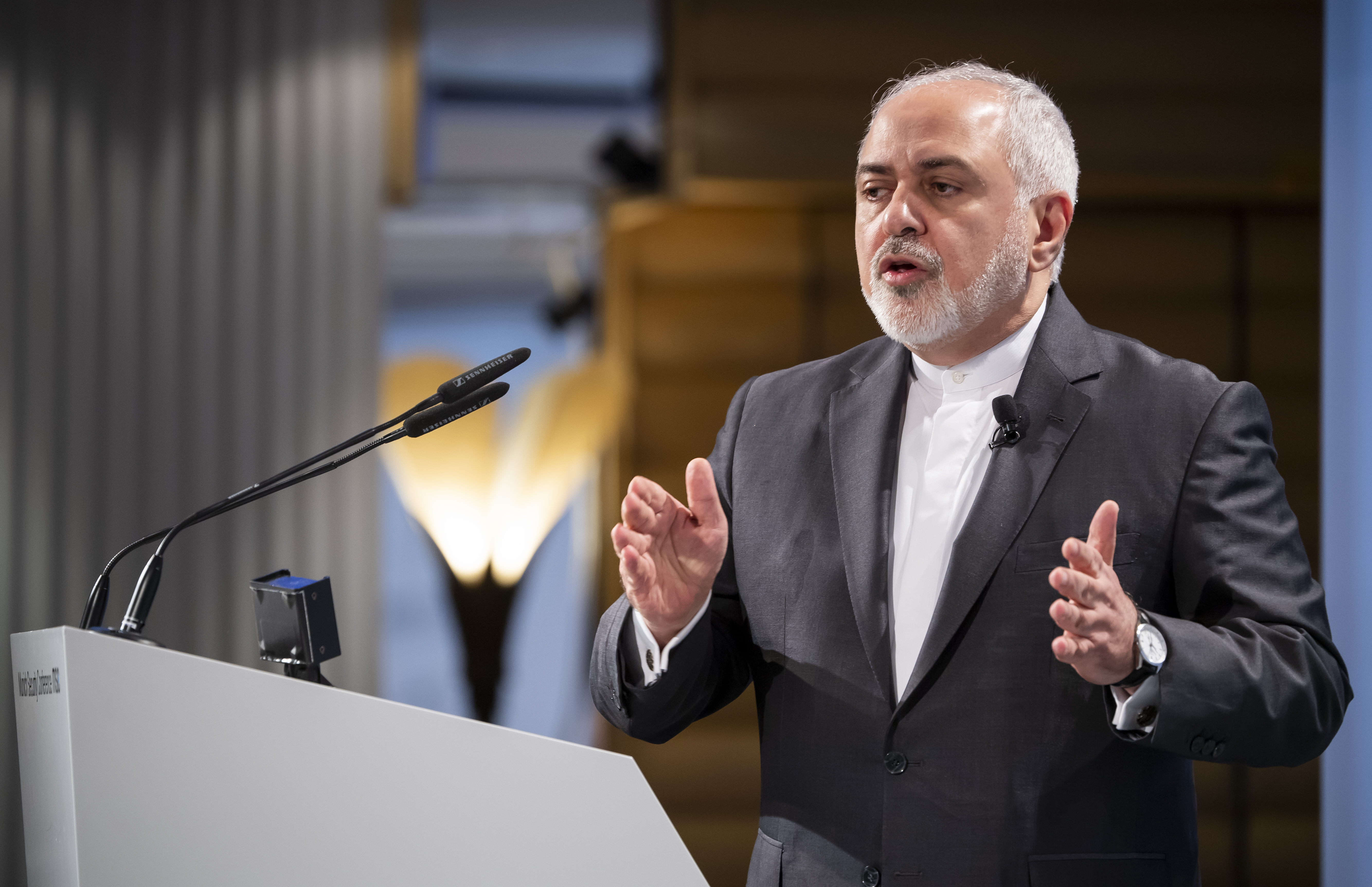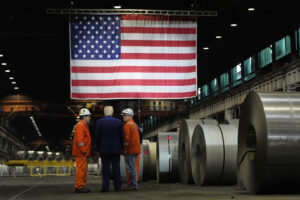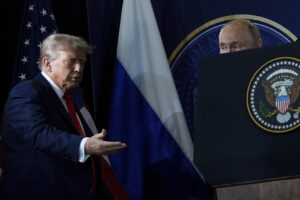Iran May Be Disappointed When China’s Commitment is Tested


In his spare time, Iran’s foreign minister Mohammad Javad Zarif likes reminding his Chinese counterpart Wang Yi that Iran is finally ready to take on a leading role in China’s pop band, BRI (Belt and Road Initiative). Mr. Wang is pleased by Mr. Zarif’s enthusiasm and will pat him on his head, telling Zarif that Iran’s time will come, but not right now.
In a recent phone call with Iran’s top diplomat, Mr. Wang promised “relentless efforts” to mediate between Tehran and Washington in response to the U.S. airstrike that killed Iran’s military commander Qassem Soleimani in Baghdad. Tehran should see through China’s encouragement. Beijing is unlikely to stand in the way of further U.S. force in the region because America’s role in the Middle East is more important to China than its interests in Iran.
Iran enjoys a prestigious diplomatic position in its relationship to China as one of Beijing’s strategic partners. As part of BRI, China has a number of stakes in Iran, including lucrative investment opportunities and Iran’s strategic location in West Asia. However, it should be no surprise that oil trumps all other interests. China’s key interest in Iran is maintaining reliable access to energy and fossil fuels.
As Iran becomes more isolated on the global stage, the country is likely to increase its bets on China as a reliable partner, with energy exports being Tehran’s greatest leverage. Iran’s finances are limited and even before Iran officially announced its withdrawal from the JCPOA-nuclear deal, vital European states such as France, Britain and Germany had considered the imposition of international sanctions against Tehran given Iran’s violations of the agreement.
As Iran becomes more isolated on the global stage, the country is likely to increase its bets on China as a reliable partner, with energy exports being Tehran’s greatest leverage.
Beijing is the champion of neutrality, opting to stay out of disputes and maintaining close ties with all parties involved. Yet Iran should be wary of Beijing’s support. U.S. sanctions and the threat of Iranian aggression to the global oil supply are hefty reasons for China to keep its distance. True, China continued to import oil from Iran beyond the expiration of sanction waivers last summer. But U.S. pressure remains effective and led Chinese firms to pull back from major energy projects in the South Pars gas field—the largest in the world. Beijing’s economy is too reliant on the U.S.-led international order. In the Middle East specifically, the U.S. is too important in its role as a security guarantor for China’s energy interests, a fact that will likely not change any time soon.
Iran promised “harsh retaliation” for Soleimani’s death and delivered by striking U.S. military bases in Iraq. Both sides are trying to avoid further direct hits for now. Yet, it is likely that Iran will continue to undermine U.S. interests by other means. Iran is capable of launching cyberattacks directed at the U.S. It also controls a large network of proxy units in the region which Tehran can nudge to perform strikes on critical oil infrastructure similar to the September attacks on Saudi oil facilities. Iran’s motif would be to destabilize global energy markets because that is the most effective way to harm U.S. interests in the region without inflicting direct damage. Such attacks, however, would simultaneously affect Sino-Iranian relations due to China’s reliance on energy security.
Finally, Iran is not as important of an ally to China as rhetoric may imply. Iran is trailing behind Saudi Arabia, Iraq and Oman as China’s energy supplier in the Middle East. The regional conflict between Saudi Arabia and Iran has further implications for the Sino-Iranian relationship. Riyadh has made efforts to minimize Tehran’s position of power in the Middle East by tackling Iran’s major source of revenue. In the past year, Saudi Arabia increased crude oil shipments to China by doubling exports from 921,811 barrels per day to 1,802,788. This puts Iran under threat of becoming obsolete as a regional supplier.
Beijing would prefer to handle business as usual – watching tensions unfold between two hostile powers, while reaping the benefits of being close with both. For now, it seems that Mr. Wang’s words of support remain empty. The question remains whether Mr. Zarif anticipates this, or if he lives under a rock.
Daniel is a graduate student at New York University’s program in international relations and serves as the president of the International Relations & Politics Association (IRPA). He focuses on national security issues and country risk assessments. His current research project involves cybersecurity and the safety of the power grid in the US. Daniel works at New York City’s mayor’s office for international affairs. As the strategic partnerships intern, he supports New York’s mission to create a global network of cities that commit to accomplishing the United Nations’ Sustainable Development Goals. Before coming to New York, Daniel interned with the Friedrich-Ebert-Stiftung, a German think tank based in Berlin. He holds a bachelor’s degree in philosophy and economics and attended university in Bayreuth, Germany and Busan, South Korea.




